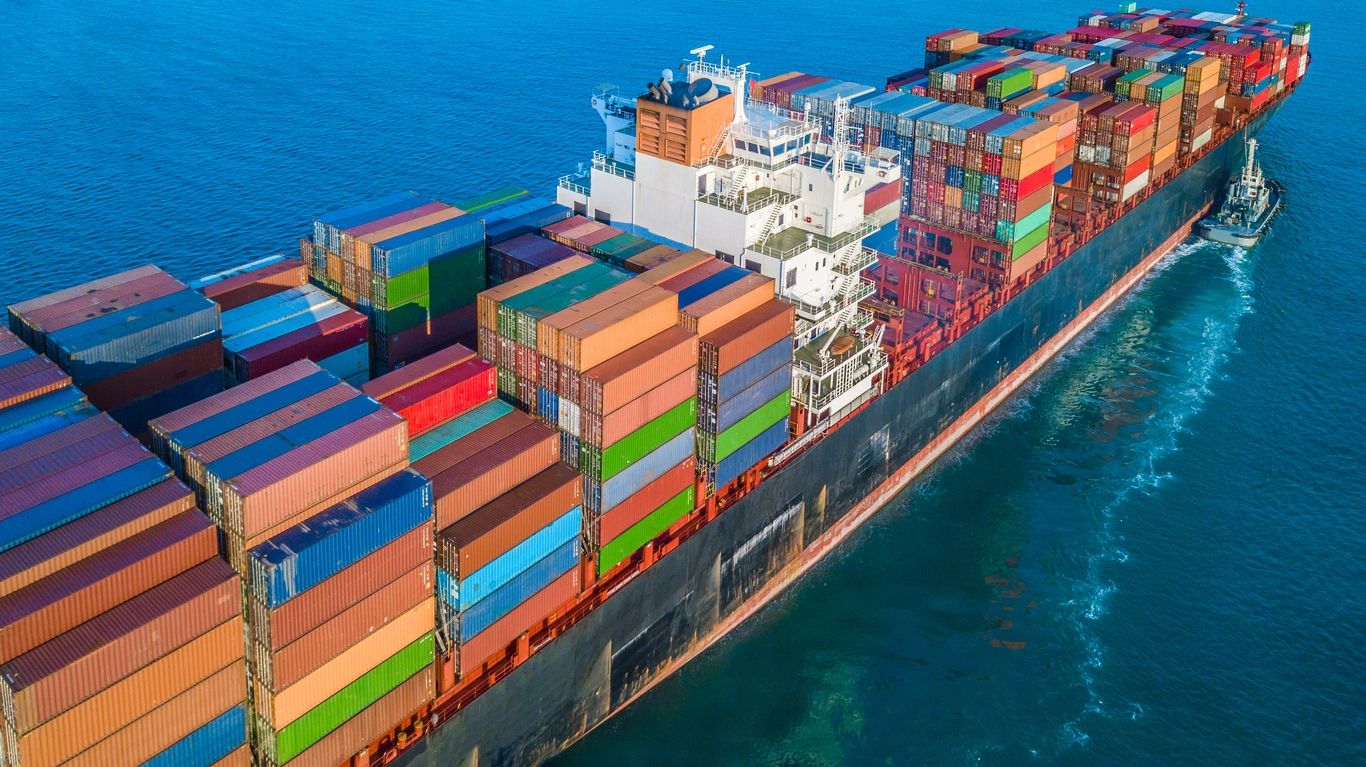By Beting Laygo Dolor, Contributing Editor Relations between the Philippines and China continued on a downward spiral last week with Beijing now airing a thinly veiled threat of military action after previously issuing protests of what it considers unwanted incursions by Philippine vessels. Specifically, China warned it would “not turn a blind eye” if the Philippines were to pursue its recently announced plan to erect a permanent structure at the contested Ayungin Shoal. China also lambasted the Philippines for bringing in the US into the fray with the latter’s frequent invitations for its powerful ally to hold joint naval drills in the area, which falls within the Philippines’ exclusive economic zone but which China insists is their territory by virtue of an ancient map showing what it calls a “nine dash line.” China said late last week that it would not ignore the “provocations and harassment” by the Philippines, as tensions between the two nations continued to deteriorate. The China Coast Guard (CCG) had been at the forefront of actions against Philippine ships that patrol the area and regularly deliver supplies to Filipino troops as well as fishermen. The CCG has recently been using water cannons to turn away Philippine ships from the site and, in a couple of cases, rammed them. In one incident, Armed Forces of the Philippines Gen. Romeo Brawner was inside the ship that was assaulted with a water cannon. In another, a civilian vessel hired to deliver supplies to Filipino troops suffered “serious engine damage” as a result of a similar hosing. China Defense ministry spokesperson Wu Qian dismissed Philippine reports of the recent attacks as “purely false hype” and said Manila had been intentionally sending vessels to intrude into its waters around Ayungin Shoal. China has been saying all its actions had been legal and the CCG has merely “proactively rammed” Philippine boats as a warning. During a news conference in Beijing, Wu said the CCG was only taking steps out of necessity, which were legitimate and justified. Said Wu: “China is always committed to resolving differences through dialogue and consultation and making joint efforts to maintain maritime stability but we will not turn a blind eye to the Philippines’ repeated provocations and harassment.” Philippine Defense Sec. Gilbert Teodoro said only China believes its own propaganda and many countries supported the Philippines sovereignty. The Philippine-US military treaty considers an attack on one country as an attack on both. The US State Department on several occasions referred to that pact as “iron clad” and said that the US would step in if China took any military action on Philippine ships. The Philippines maintains a grounded World War ll-era warship Sierra Madre as a permanent outpost in the area. China insists that the Philippines committed to remove the old ship based on a promise of a Filipino leader, whom they refuse to identify. The Marcos administration has said that it is considering setting up a more permanent structure in the area. Besides the US, the government has also been working on joint naval patrols with the likes of Japan, Australia, and other “friendly” nations.
































